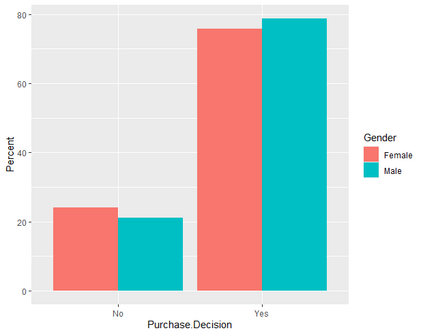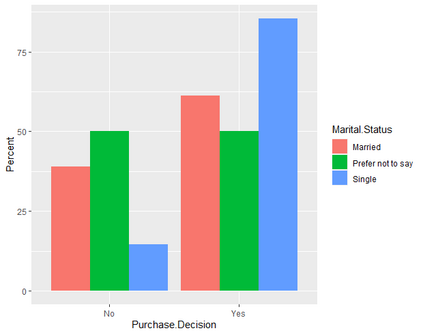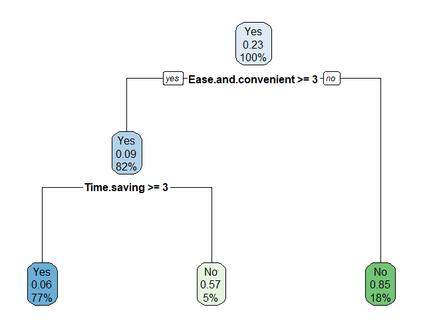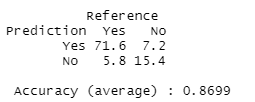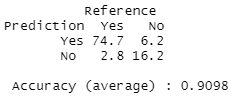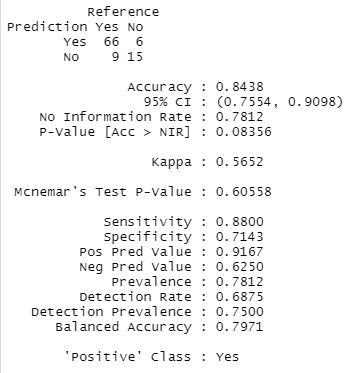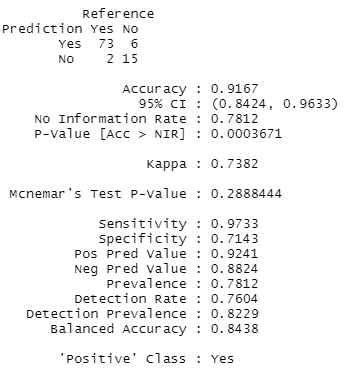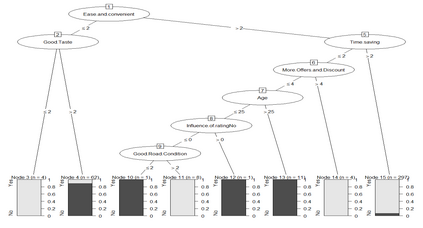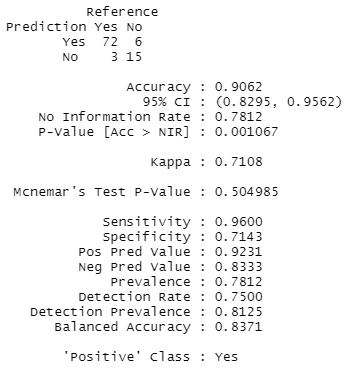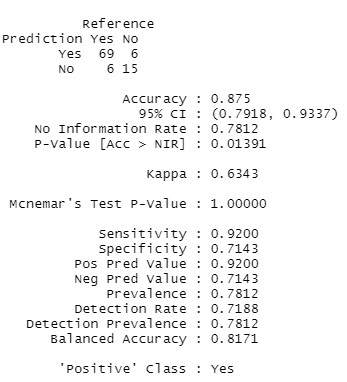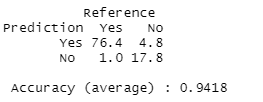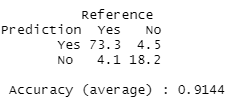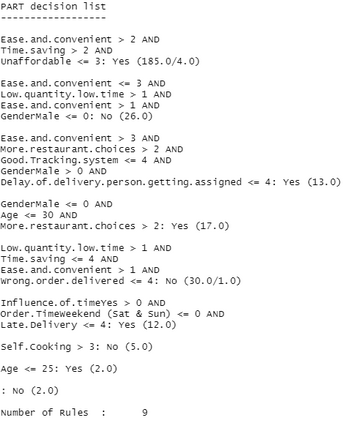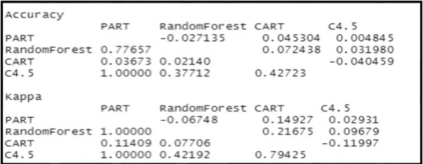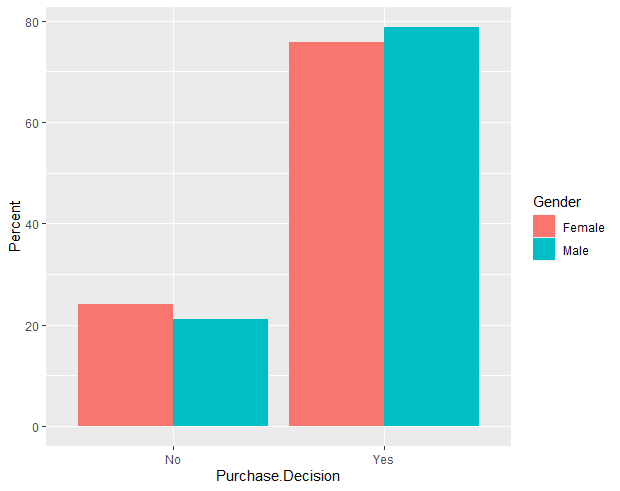This transformation of food delivery businesses to online platforms has gained high attention in recent years. This due to the availability of customizing ordering experiences, easy payment methods, fast delivery, and others. The competition between online food delivery providers has intensified to attain a wider range of customers. Hence, they should have a better understanding of their customers' needs and predict their purchasing decisions. Machine learning has a significant impact on companies' bottom line. They are used to construct models and strategies in industries that rely on big data and need a system to evaluate it fast and effectively. Predictive modeling is a type of machine learning that uses various regression algorithms, analytics, and statistics to estimate the probability of an occurrence. The incorporation of predictive models helps online food delivery providers to understand their customers. In this study, a dataset collected from 388 consumers in Bangalore, India was provided to predict their purchasing decisions. Four prediction models are considered: CART and C4.5 decision trees, random forest, and rule-based classifiers, and their accuracies in providing the correct class label are evaluated. The findings show that all models perform similarly, but the C4.5 outperforms them all with an accuracy of 91.67%.
翻译:近些年来,食品提供企业向在线平台的这种转变引起了人们的高度关注。这得益于定制订单经验、简易支付方法、快速交付等的可用性。在线食品提供商之间的竞争已经加强,以惠及更广泛的客户。因此,他们应该更好地了解客户的需求并预测其采购决定。机器学习对公司的底线有重大影响。它们被用来在依赖大数据并需要快速和有效评估数据的行业中构建模型和战略。预测模型是一种机器学习类型,使用各种回归算法、分析法和统计来估计发生的可能性。纳入预测模型有助于在线食品提供商了解其客户。在这项研究中,从班加罗尔388名消费者收集的数据集用于预测其采购决定。考虑了四种预测模型:CART和C4.5决策树、随机森林和基于规则的分类师,以及他们提供正确分类标签的精度得到了评估。研究结果显示,所有模型都运行类似,但C4.5模型的准确度超出其准确度为91.67%。

